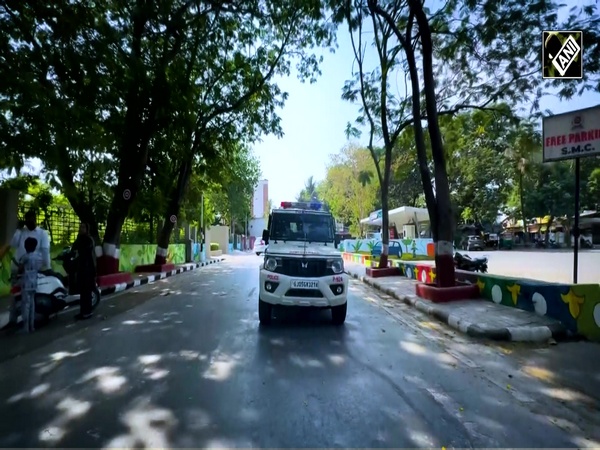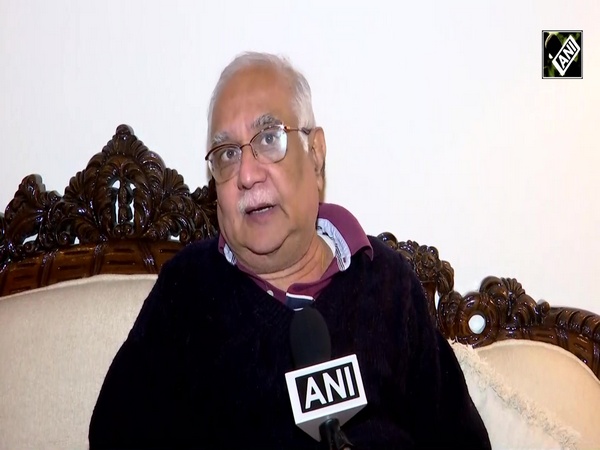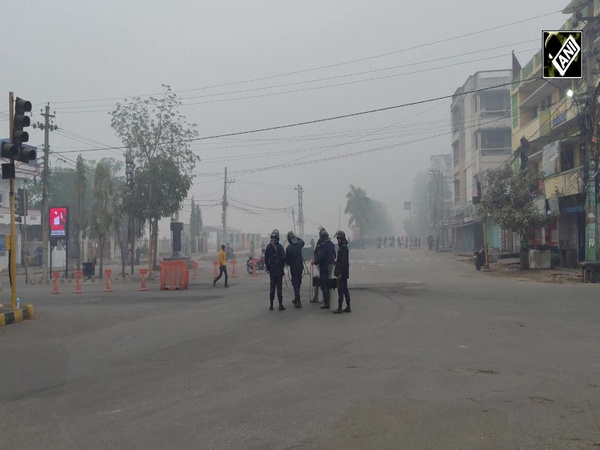Jihadist terrorism continues to pose threat to Europe amid pandemic, says report
Jun 25, 2020

Hague [Netherlands], June 25 : Europe continues to remain a victim of Jihadist terrorism and threats posed by the extreme left and right-wing activists amid the COVID-19 pandemic, reveals the European Union (EU) Terrorism Situation and Trend Report (TE-SAT) 2020.
The report launched by European Union Agency for Law Enforcement Cooperation (Europol) said, "Activists both on the extreme left and right and those involved in jihadist terrorism attempt to seize the opportunity the pandemic has created to further propagate their aims".
It added, "In the first months of 2020, lockdown measures introduced to combat the spread of COVID-19 could further escalate some of the trends identified in the TE-SAT, given the potential economic and social impact of the pandemic worldwide. These developments have the potential to further fuel the radicalisation of some individuals, regardless of their ideological persuasion".
Analysing the global situation on terrorism, the report said, "The situation in conflict areas outside Europe continued to impact the terrorism situation in Europe. Hundreds of European citizens with links to the so-called Islamic State (IS) remained in Iraq and Syria".
It added, "IS, while losing its last enclave in Syria, transitioned to a covert insurgent group operating in Iraq and Syria and maintained its global network of affiliates. Al-Qaeda again displayed its intent and ambition to strike Western targets, while its regional affiliates aim to integrate and coordinate populations and armed factions in conflict areas".
For the territory of the EU, a total of 119 completed, failed and foiled terrorist attacks in 2019 were reported by a total of 13 EU Member States.
In 2019, 1004 individuals were arrested on suspicion of terrorism-related offences in 19 EU Member States, with Belgium, France, Italy, Spain and the UK reporting the highest numbers.
The report reveals that 21 jihadist terrorist attacks were reported by EU Member States last year. Three were completed; four failed and 14 were foiled.
"A total of ten people lost their lives as a result of the three completed jihadist terrorist attacks in the EU in 2019: four on 18 March in the Utrecht tram shooting; four on 3 October in a Paris police headquarters; and two during the 29 November Fishmonger's Hall/London Bridge attack. A total of 26 people were injured", said the report.
Revealing about the modus operandi of Al Qaeda terrorists outfit the report said, "Al-Qaeda continues to view its fight in long-term, multigenerational terms, the aim being to exhaust the West, topple 'apostate' regimes in Muslim-majority countries and restore the caliphate".
It added, "Al-Qaeda and its affiliated groups continue harbouring the ambition and intent to carry out terrorist attacks in the West or against Western interests in other countries. On the eighteenth anniversary of the 11 September 2001 attacks, al-Qaeda leader Ayman al-Zawahiri argued that 'the US does not understand anything except the language of force' and called for more attacks on US interests worldwide".
It is highly likely that al-Qaeda continues to mainly seek to conduct attacks against strategically important targets. Such attacks are likely to target symbols of the alleged global aggression against Islam in an attempt to win support from Muslim communities worldwide.
"The 2015 murder of the editorial team of the French satirical newspaper Charlie Hebdo, for example, was claimed by al-Qaeda's affiliate in Yemen, alleging that the attack was revenge for the newspaper insulting the Prophet of Islam", said the report.
The report further reveals that Al-Qaeda has created a strong network of global affiliates that are empowered to push forward the organisation's centrally defined agenda. Each al-Qaeda affiliate, therefore, is a significant threat to Western interests in its own region of operations.
The EU Terrorism Situation and Trend Report (TE-SAT) was established in the aftermath of the 11 September 2001 attacks in the USA, as a reporting mechanism from the Terrorism Working Party (TWP) of the Council of the European Union (EU) to the European Parliament.



















